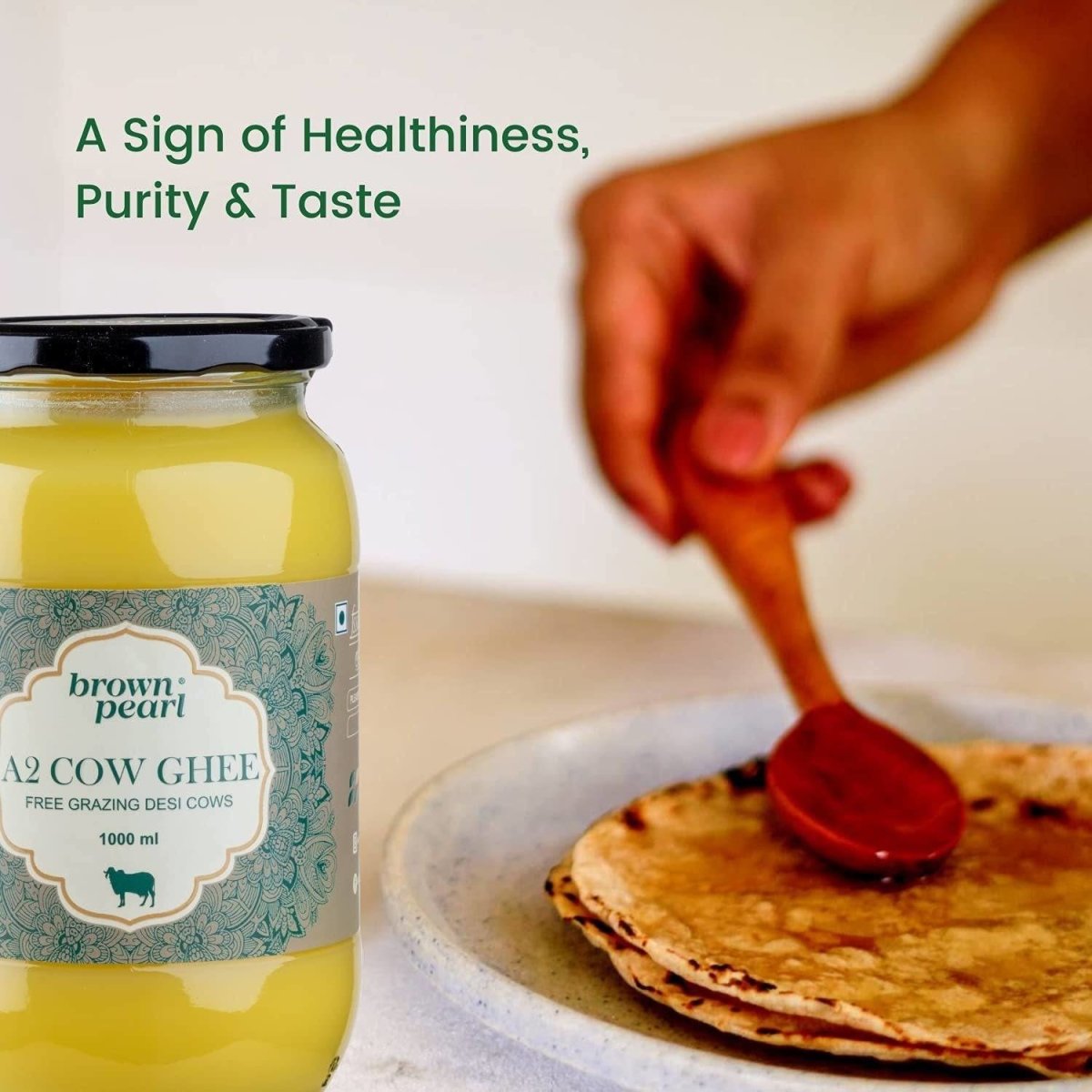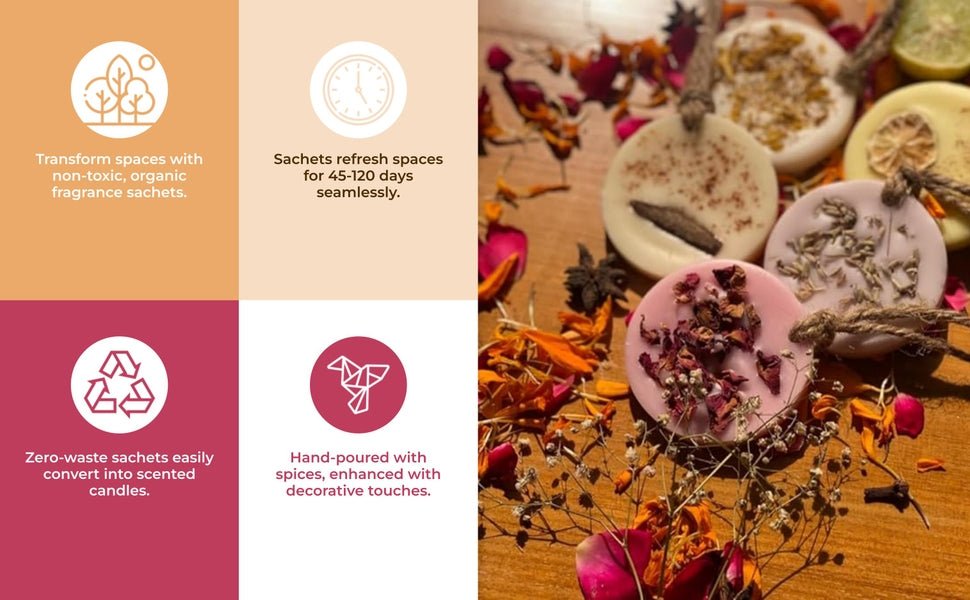Explore sustainable weddings that honor tradition, love the planet, and reduce waste. Join us on this eco-friendly journey at Brown Living.
Image source: Richa Chadha & Ali Fazal's Wedding
Weddings are a joyous celebration of love and a cherished tradition across cultures. They bring families together, create lifelong memories, and mark the beginning of a beautiful journey for the couple. However, they often come with a significant environmental impact, generating a substantial amount of waste. At Brown Living, we believe in transforming weddings into sustainable events that not only celebrate the union of two souls but also contribute to a healthier planet.
1. Rethinking Wedding Invitations
The first step towards a sustainable wedding is reimagining the traditional wedding invitation. Instead of paper invitations that can quickly end up in the trash, consider eco-friendly alternatives. Our collection of plantable invitations is a beautiful way to invite your loved ones while minimizing waste. Made from recycled paper embedded with wildflower seeds, these invitations can be planted and bloom into colorful flowers, symbolizing the growth of your love.
2. Eco-Friendly Decor and Favors
When it comes to wedding decor, opt for eco-friendly and reusable items. Choose decorations that can be repurposed or passed on to others, minimizing waste. Our handcrafted Indian-inspired decor pieces are not only visually stunning but also made with sustainable materials, ensuring that they leave a minimal ecological footprint.
Additionally, swap the traditional single-use wedding favors with practical and eco-friendly alternatives. Consider gifting your guests with reusable bamboo utensil sets, ethically made organic cotton tote bags, or seed packets that invite them to grow their own little garden of love.
3. The Beauty of Handcrafted Fashion
At Brown Living, we celebrate the beauty of traditional Indian craftsmanship through our collection of ethically made wedding attire. Each garment is lovingly crafted by skilled artisans who use sustainable materials and follow eco-friendly processes. By choosing our handcrafted pieces, you not only adorn yourself in the finest fabrics but also support a sustainable fashion industry that values both the environment and cultural heritage.
4. Mindful Catering and Food Waste Reduction
Food waste is a prevalent issue during weddings, but it doesn't have to be. Collaboration with caterers who prioritize sustainable practices can make a significant difference. Ensure that excess food is donated instead of being thrown away and work with your caterer to source locally grown, organic ingredients. By opting for sustainable catering, you can provide your guests with a delicious culinary experience while promoting a healthier planet.
5. Supporting Fair Trade and Artisans
Weddings are an opportunity to support local communities and artisans. At Brown Living, we work directly with talented craftspeople from India, ensuring fair trade practices and preserving traditional skills. By choosing our products, you contribute to the livelihoods of artisans while embracing the rich heritage of Indian craftsmanship. Each item tells a unique story, and by including them in your wedding, you empower sustainable livelihoods and promote a more diverse, inclusive world.
Conclusion
Weddings are a special time to celebrate love, commitment, and cultural traditions. By incorporating sustainable practices into your wedding planning, you can reduce waste, minimize your ecological footprint, and create a celebration that truly reflects your values. At Brown Living, we are committed to respecting the planet and elevating the beauty of Indian heritage. Choose a sustainable wedding and embark on a journey that not only unites two souls but also leaves a positive impact on our planet for generations to come.











































Share:
Buddhism & Minimalism: The Four Noble Truths
5 Myths About Veganism In India, Busted!